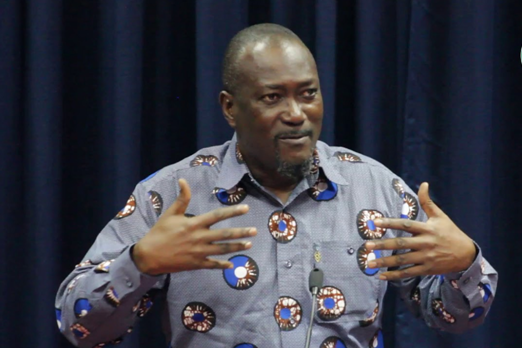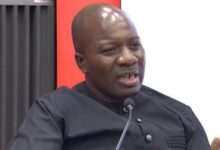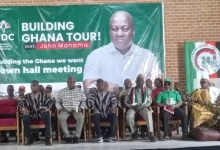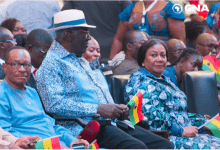
The Centre for Democratic Develo ment-Ghana(CDD-Ghana) has stated that political parties have no power to dictate to Members of Parliament (MPs) how to vote on issues in Parliament.
It noted that notwithstanding, the fact that the MPs went to Parliament on the ticket of parties and are their members, they could not be commandeered to vote in a particular way by them.
“Political parties have no right to compel MPs of their party to cast a vote in a particular way on specific matters that come before the House even though, they are elected on a party ticket and caucus as a party in Parliament because, they do not sit in Parliament as delegates of the party on whose ticket they got elected or even of constituents that voted to put them in Parliament,” the Centre reiterated.
Professor Kwasi Prempeh, Executive Director of CDD-Ghana, described such actions by political parties as democratic perversion and contended that belonging to a party indicated, at best, that an MP shared with the party certain fundamental ideals, principles, policies, programmes and positions.
He was responding to criticism of National Democratic Congress (NDC) for failing to disapprove six ministers nominated by the president but the party accused their MPs of betrayal after they failed to vote to disprove them even after the party expressly commanded them to reject the nominees.
However, Prof. Prempeh indicated that it did not mean he or she must vote in Parliament as demanded by the party because MPs vote in Parliament belonged to them not to the party, constituency, or any other person or interest butinterest of political parties was not the only variable MPs must consider in casting their vote for or against an issue in the House.
“MPs that do not conduct themselves as their political parties wish can be ousted through democratic processes in their parties if the whip system fails moreover, the party is not the only interest an MP may weigh in the balance in casting a vote rather interest of the nation, constituency, his or her own convictions.
“If a party disapproves of how an MP votes in Parliament,their only democratic recourse is to contest and defeat the MP at the next primaries since the party is free to use the whip system in the House and other forms of lawful peer pressure, to get their MPs to boycott votes in Parliament is an impermissible obstruction of the work of Parliament under Article 122 of the 1992 Constitution,” Prof. Prempeh pointed out.







